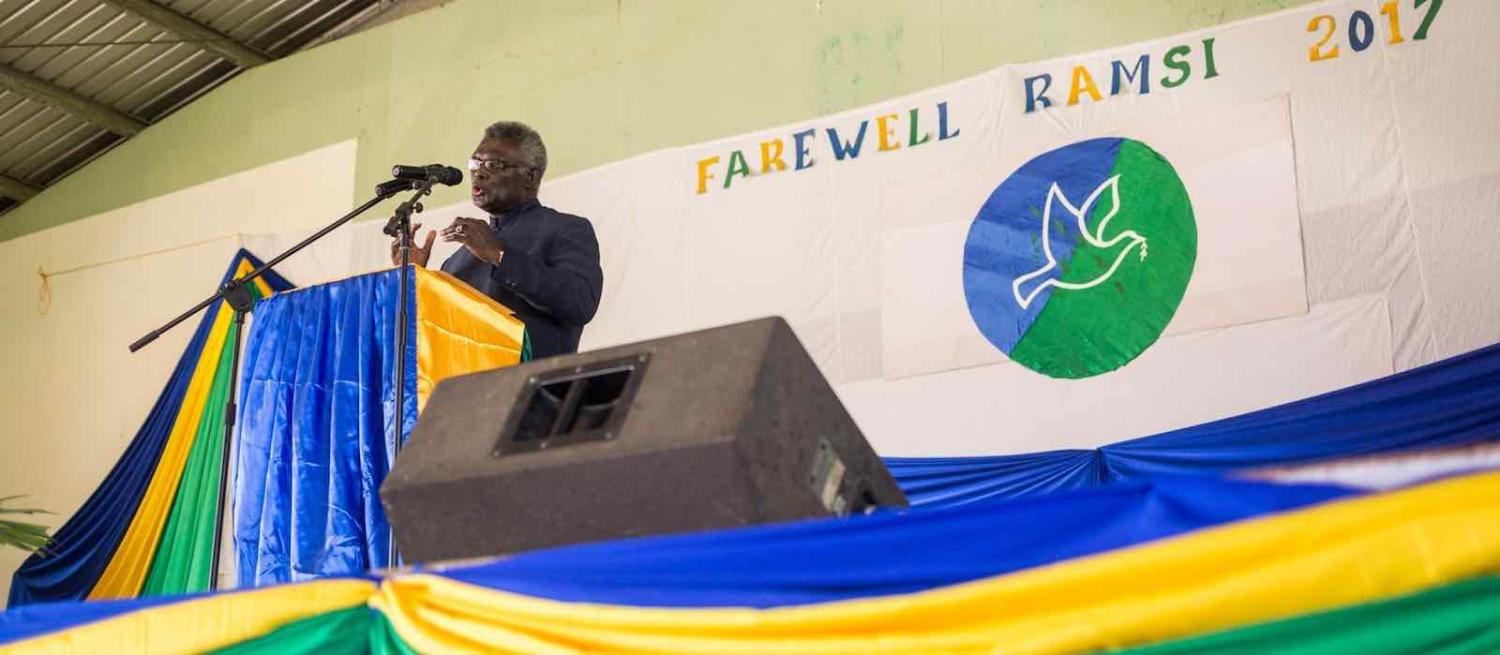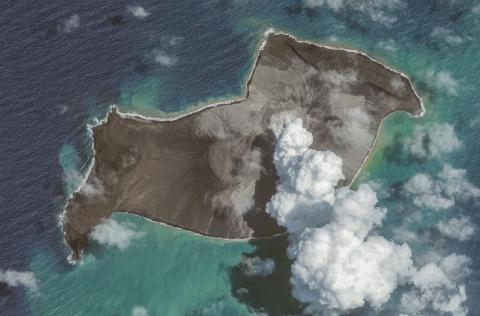- Last week, the Fiji High Court handed down a not-guilty verdict in the case of four men, including three Fiji Times executives, charged with sedition over a letter that appeared in the Fiji Times–published indigenous language publication Nai Lalakai in 2016. The Fiji Times is one of the few independent media outlets in the country, and it was widely believed that the charges were politically motivated. The ruling has led to calls for the offence of sedition to be repealed. Fiji’s Director of Public Prosecutions, however, has announced that he will appeal the High Court’s decision.
- At Devpolicy, Matthew Allen asks if Hela Province, in the PNG Highlands, could become the next Bougainville. He cautions that social tumult in the province, unleashed by the Exxon Mobil–led Liquified Natural Gas (LNG) project and heightened by February’s devastating earthquake, could potentially escalate into a protracted armed conflict similar to the 1989–98 Bougainville Crisis.
- A Sydney Morning Herald report has revealed that a group of approximately 50 workers from Vanuatu were paid as little as $8 an hour and were exposed to dangerous working conditions while participating of the government-run Seasonal Worker Programme. The Australian Government has moved quickly to ban the labour hire company responsible. For ABC News, Jonathan Pryke discusses how the Seasonal Worker Programme, despite isolated examples of abuse and potential for improvement, has not only had positive impacts for Pacific islands workers and Australian farmers, but also diplomatic benefits for Australia throughout the Pacific islands.
- At SBS World News, Rhiannon Elston tells the story of a group of Aboriginal Australians who ended up in Vanuatu during the “blackbirding” era, and their descendants’ efforts to find them.
- A new article in the Journal of Pacific History examines the end of RAMSI, its successes and failures, and the appropriateness of a Westminster system of government for Solomon Islands.
- The Marshall Islands has put a bill in place to make a cryptocurrency named the Sovereign (SOV) its national legal currency. The development is particularly interesting because, as the legal tender of a non-sanctioned UN member country, global financial institutions (banks and credit card companies) are obligated to accept it. The country will continue to use the US dollar alongside the SOV.
- Xinhuanet has published an interview with the Chinese Ambassador to PNG, Xue Bing, discussing the potential of the Belt and Road Initiative to bring economic and social development to PNG, as well as opportunities for regional and international cooperation.
- At Bloomberg, Dan Murtaugh and Aaron Clark look at the benefits, described by the International Monetary Fund as “quite limited”, PNG has received from the Exxon Mobil–led Liquified Natural Gas (LNG) venture. Their article details how the country’s search for a larger slice of the profits is affecting the project’s proposed extension.
- The Post-Courier is reporting that access to Facebook in PNG will be shutdown for a month while the Communications and Information Technology Department carries out research into its use.


